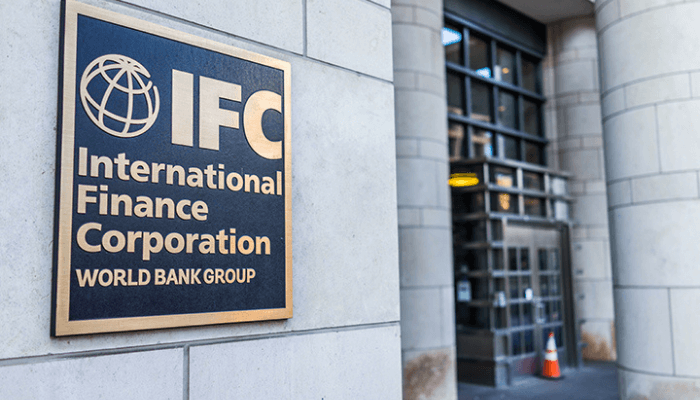
Edson Baraukwa | Africa Guardian
The International Finance Corporation (IFC) has committed a historic $14.2 billion in investments across Africa in the 2024 fiscal year, marking a 23% increase from the previous year. This record investment is aimed at boosting growth in critical sectors such as clean energy, manufacturing, digital connectivity, agriculture, small businesses, and trade, with a particular focus on fragile and low-income countries that need support the most.
“Africa is on a stronger growth path after facing several years of challenges, and IFC is expanding its support for the private sector, offering solutions to a range of clients, from small start-ups seeking seed funding to large companies aiming to enter new markets,” said Sergio Pimenta, IFC’s Vice President for Africa.
Between July 1, 2023, and June 30, 2024, the IFC’s investments spanned 45 African countries, with 30 of these countries classified as low-income or fragile, where investment is most urgently needed.
“We have a strong presence in Nigeria, with the second-largest portfolio in Africa, following South Africa, totaling around $2.13 billion. This portfolio covers agribusiness, healthcare, manufacturing, infrastructure, and financial services,” said Alexandra Celestin, IFC’s Regional Industry Manager for Central Africa and Anglophone West Africa.
Since 2020, IFC has provided over $600 million in senior loans to Nigerian financial institutions, helping them offer working capital facilities to small and medium-sized enterprises (SMEs). Additionally, the corporation has provided risk-sharing products to encourage lending to underserved sectors, including women entrepreneurs, agribusinesses, and SMEs.
Of the total investment, $8.5 billion was allocated to both long- and short-term financing, with another $5.7 billion mobilized from partner investors. Notable allocations included $3.9 billion for trade financing, $1.6 billion to support smaller businesses, $1.1 billion to enhance digital connectivity, and $1.9 billion for climate change mitigation and adaptation, particularly in clean energy and green building projects.
In terms of impact, 41% of IFC’s financing addressed climate change, 50% supported projects with a gender focus, and 21% targeted low-income and fragile countries.
“Our record investment and growing presence across the continent underline our commitment to fostering sustainable development by driving private sector solutions, especially in Africa’s most challenging markets,” Pimenta emphasized.
To further stimulate private sector investment in Africa, IFC is co-hosting the Africa Financial Industry Summit (AFIS) in Morocco on December 9-10, providing a platform for stakeholders to collaborate on strategies to strengthen economic growth and development. Nigeria is expected to play a prominent role at the summit, positioning itself as a key player in attracting investments aligned with its economic goals.
___
